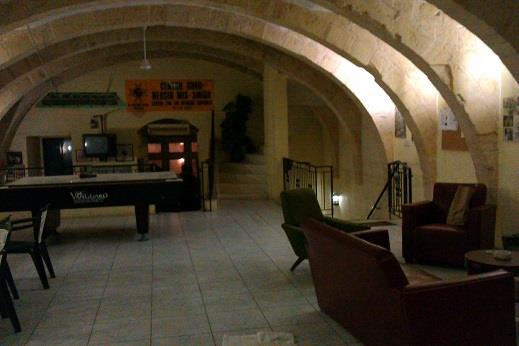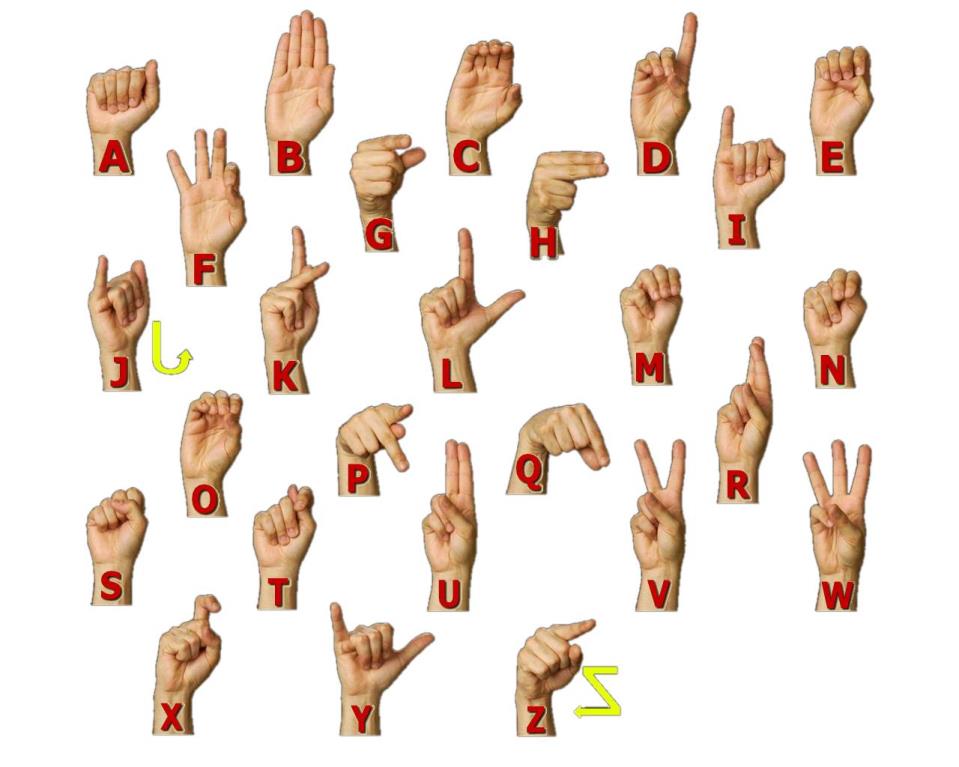At present, there are only three full-time and one part-time sign language interpreters in Malta, a number not enough for deaf students to receive sufficient translations in school, Steven Mulvaney, president of the Deaf People Association told The Malta Independent on Sunday.
Mr Mulvaney believes that there are around 15 deaf students who require interpreters, which means that students cannot use them constantly.
"I didn't have an interpreter in primary and secondary school. I had my first sign language interpreter when I attended MCAST and I saw significant improvement in my education. I really wish I had access to them in Primary and Secondary as I could have gone to university."
Asked whether LSAs could help in this regard, Mr Mulvaney explained: "They do have some basic sign-language training, but not on the level equivalent to interpreters. An LSA might be useful to take notes while the deaf student is watching the interpreter. It is very hard for a deaf student to take notes while watching the sign-language interpreter. From my own experience, some teachers were very willing to help tutor me after class, but some weren't. I remember my notes being illegible come exam-time". He believes that when deaf students don't have interpreters, it limits what they can achieve in the future.

Mr Mulvaney was brought up by two deaf parents, so sign-language is his first language. He has been leading the campaign to have Maltese sign-language approved as an official language in Malta.
The first sign-language interpreter was hired in 2000 by the Deaf Persons association, and in 2006 this number rose to three, funded by the government and administered by the association. Recently, administration of the interpreters was passed on to the government as the association couldn't continue to manage them as the association is voluntary. "The current four interpreters were trained by the association in conjunction with the institute for linguistics. They are very good however Malta does lack a formal interpreting course for sign language and post-graduate, unlike other EU countries like the UK".
In July, the association contacted the EU Foreign Office of Sign Language who sent a tutor to give a short training course. "They will be coming back at the end of November as they were shocked with the local situation and are considering Malta a special case in order to improve the quality of training locally. The problem is that we do not have enough interpreters and they don't have a proper degree in interpreting from the University which would put us in line with the rest of the world".
"As an association member of the European Union of the Deaf, I can say that there are many countries in the EU who have their own recognised sign-language. Malta ratified the UN Convention on rights of Persons with Disabilities, which does mention the need to recognise sign language. We have spoken with the legal department at the university and have had contact with the linguistics department as well as the Foundation for Deaf Sign Language. The government is aware of this and has said it will respect the UN Convention, but keep saying that more time is needed. We are fed up of waiting as language is the foundation of life and is also a vital part for the deaf community. It is the lifeblood of the deaf community,"
Mr Mulvaney explained that every country's sign language is different, however there is an international sign language used during international events. "My dream is for all Maltese deaf people to have full access to Maltese interpreters and access to subtitles and interpreters in the media, maybe an online version with an interpreter showing the news online."

Deaf news is available everyday on TVM2 at 8.30, "however this is a very brief roundup". "We have had meetings with PBS regarding sign interpreters and subtitles on programmes but we were told that the technology needed for subtitles is very expensive. Having subtitles on TV is not only good for deaf people, but also for people wanting to learn Maltese," he said.
The Maltese Deaf Association has held protests in aid of foreign deaf associations in the past. When he came back from the EU after attending the Deaf General Assembly a few years ago, there had been an issue with the legal translation relating to sign language. As such, the Maltese Association protested outside the Italian Embassy here in Malta. "While combating this issue we were also pushing for the recognition of Maltese sign language," he explained.
Incredibly supportive
As for President Mary-Louise Coleiro, who in her past role as Minister for the Family had made a speech during a seminar in Marsaxlokk, he said. "She is incredibly supportive of the deaf community and we had a number of meetings where she expressed her desire to recognise sign language."
There are roughly 100 students with hearing impairments in Malta, Steven believes. Some might use hearing aids, others use cochlear implants.

"Hearing aids might give 25 per cent hearing and some people believe cochlear implants are a miracle cure, which they are not. Some deaf people use hearing aids; however it doesn't help them hear speech. Sign language gives them the opportunity to communicate well. Parents sometimes are too quick to give their children a surgical cochlear implant and not giving the children the opportunity to learn sign. This is a problem for me as some of these children might consider themselves deaf but their parents do not. If parents are given balanced information about the use of sign, then their children could be bilingual. I'm not blaming parents here; they just aren't given the full range of information. In the USA, persons using this implant also know how to sign, and this would be ideal.
"An idea to help the hearing impaired community would be the introduction of a government office, as a form of go-between, for persons with a hearing impairment where deaf persons can have access, in sign, to government services. The government expects us to do everything ourselves and we can't; we are a voluntary organisation and the board members do have their own personal commitments."
The Deaf Association is situated on the Valletta sea front, and the building is in bad shape. The ceiling leaks and a narrow, high staircase cause problems for elderly members. Those with wheelchairs have problems attending and installing a lift is not possible according to an architect they hired. "Should the government be interested in moving us from our current government owned accommodation to another area, we would definitely be interested," he said.